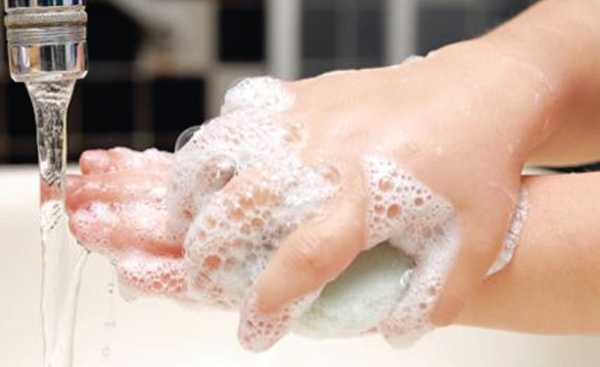BEST PRACTICES IN personal hygiene
Are you thinking of skipping a bath or shower, or even washing your hands just this once because it is too cold? You’re not alone. But you risk catching a


Are you thinking of skipping a bath or shower, or even washing your hands just this once because it is too cold? You’re not alone. But you risk catching a bug and spreading diseases by simply failing to maintain proper hygiene. We tell you the best personal hygiene practices to uphold during this cold season to keep diseases at bay and also remain well groomed.
Good grooming starts with personal hygiene and practicing good personal hygiene is necessary in preventing one from catching and spreading diseases. Research shows that people who practice good hygiene get sick less often. In addition, they are well groomed and presentable. You can avoid a myriad of illnesses through upholding proper hygiene and grooming. The advice given here is the starting point.
Clean and moisturise your hands. Our hands pick up all sorts of germs every day and good hand hygiene is one of the best ways to prevent the spread of harmful germs. Many people, however, easily forget to clean their hands especially after using the toilet or before handling food. This can cause and spread many diseases such as cholera and dysentery, which may lead to death. There is need to wash your hands with water and soap often and you may want to consider investing in a medicated soap such as Dettol Antibacterial to protect yourself from a wide range of unseen germs. After cleaning your hands, ensure you apply an oil-based moisturiser such as Vaseline jelly as it helps avoid cracked skin, bleeding knuckles and frayed cuticles. While at it, keep your nails short and clean, as dirt and bacteria tend to harbour in long nails.
Cover your mouth whenever you cough. Cough etiquette is especially important in helping stop the spread of germs. It is vital to always cover your mouth and nose with a tissue or handkerchief when you cough or sneeze. Do not underestimate how fast germs can spread through sneezing and coughing. A study in the journal Fluid Mechanics showed that smaller cough and sneeze droplets travel great distances hence the need to always cover your mouth when coughing or sneezing. Also avoid touching your eyes, nose or mouth with your bare hands and instead use disposable pocket tissue. Do not use dirty cut pieces of clothes or toilet paper, as these are unhygienic. It is worth noting that when one has a cold, they tend to have bad breath. Therefore, it is important to brush your teeth twice a day. Pay attention to the tongue as well as the inner surface of teeth.
Prevent the spread of infection. If you are suffering from a cold or any contagious disease, you need to follow basic hygiene guidelines to help reduce the spread of infection. Persons with reduced
immunity such as the sick or the elderly can develop complications arising from a common cold. To begin with, throw away used disposable tissues and wipes. Do not use a reusable handkerchief but if you do, ensure to clean it with a detergent and warm water. Also, if you accidentally sneeze or cough on a surface, ensure you clean it to avoid contamination and while at it ensure you stay in a properly ventilated room as confined rooms are a high-risk area for spreading the virus. Your diet is crucial too: drink plenty of warm water and other fluids such as soup and consume a diet rich in vitamins to boost your immune system. And also learn to manage stress effectively as high levels of stress can increase your susceptibility of developing an illness.
To comment on this and other articles go to: facebook:ParentsMagazine/
www.parentsafrica.com/
twitter:@parentsafrica
Published June 2016





